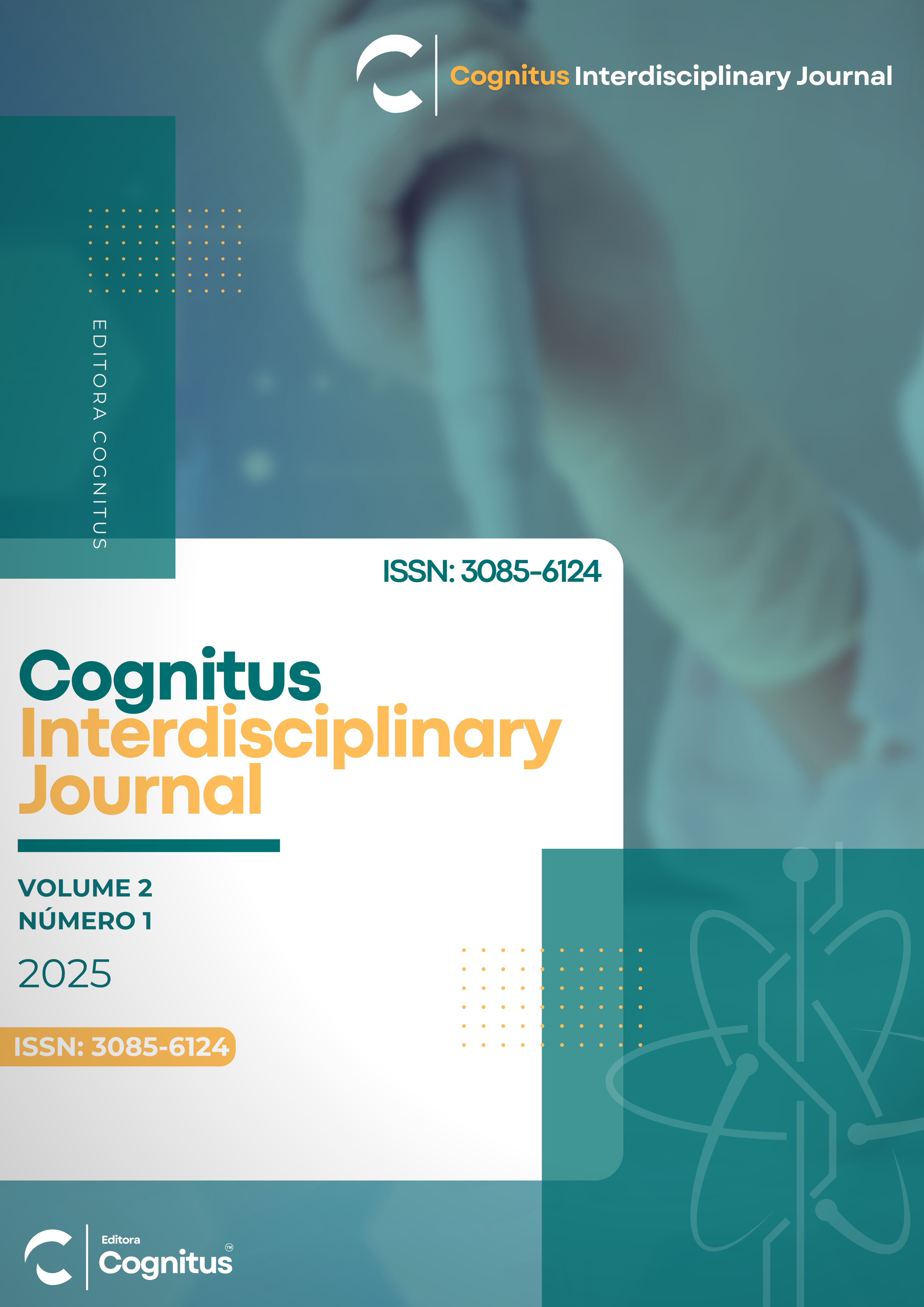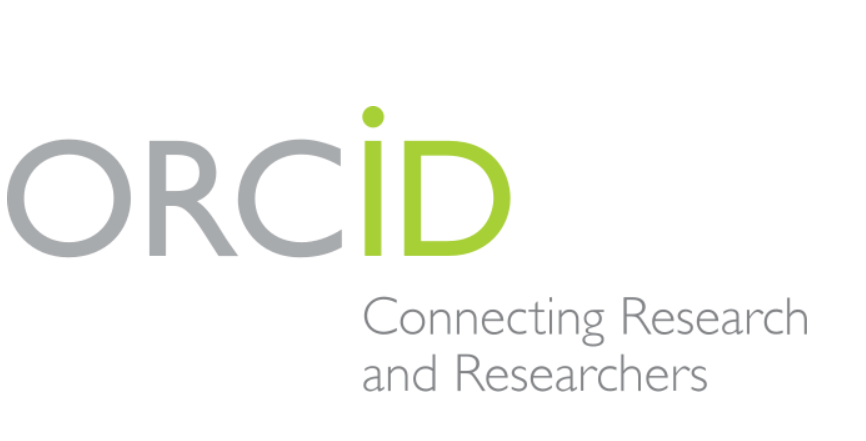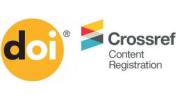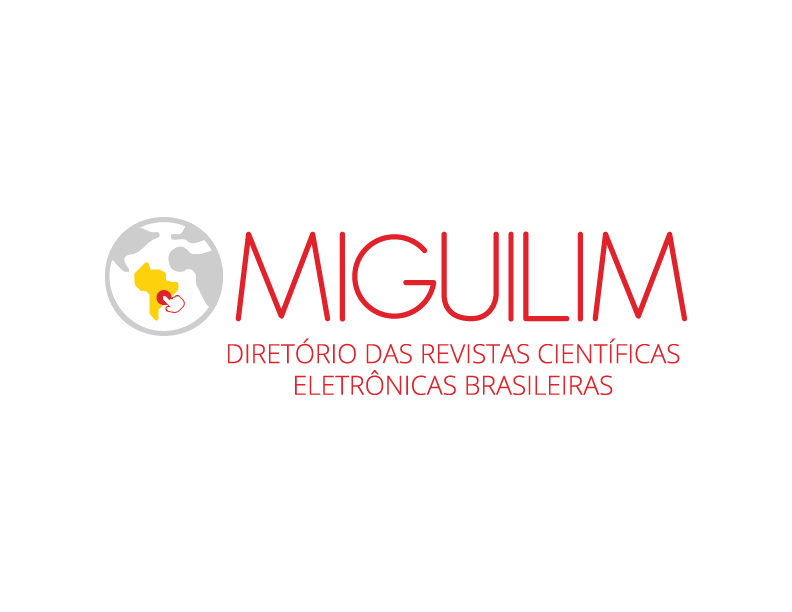Challenges in Learning Urological Propaedeutics
DOI:
https://doi.org/10.71248/5pa9x007Keywords:
Competency-Based Education, Premedical Education, UrologyAbstract
This qualitative study, employing thematic analysis of eighth-semester medical students' experiential reports, aimed to identify key challenges in learning urological propaedeutics. Thematic analysis of three reports revealed three convergent themes: integration of theory and practice, the importance of semiology, and challenges in physician-patient interaction. Divergent themes included a focus on specific technologies and detailed case presentations. Vygotsky’s sociocultural theory facilitated the analysis of facilitators (faculty supervision, peer interaction, technological resources) and barriers (lack of mediation, limited resources, passive learning). The study concludes that optimizing learning requires pedagogical strategies promoting the integration of theory and practice, active and collaborative learning, effective use of technology, and enhanced physician-patient communication to overcome identified barriers.
References
1. Gutiérrez Rivas E. Propedéutica médica y neurología. Rev Neurol 2017;65(01):46; doi: 10.33588/rn.6501.2017138.
2. Costa DR. A Relevância da Saúde Masculina e os Desafios do Ensino de Urologia. Rev Multidiscip Em Saúde 2024;5(4):141–151; doi: 10.51161/integrar/rems/4511.
3. Costa DR. Ensino de disfunções sexuais masculinas na graduação em medicina. Contrib LAS Cienc Soc 2024;17(13):e13384; doi: 10.55905/revconv.17n.13-097.
4. Verrastro V, Saladino V, Petruccelli F, et al. Medical and Health Care Professionals’ Sexuality Education: State of the Art and Recommendations. Int J Environ Res Public Health 2020;17(7):2186; doi: 10.3390/ijerph17072186.
5. Pereira D, Catarino R, Rodrigues V, et al. Undergraduate teaching of urology: Quo vadis? Porto Biomed J 2021;6(3):e135; doi: 10.1097/j.pbj.0000000000000135.
6. Choshi M. Addressing Challenges in Undergraduate Community Health Nursing Clinical: Kolb’s Experiential Learning Theory. J Nurs Educ 2024;1–4; doi: 10.3928/01484834-20240513-02.
7. Kiger ME, Varpio L. Thematic analysis of qualitative data: AMEE Guide No. 131. Med Teach 2020;42(8):846–854; doi: 10.1080/0142159X.2020.1755030.
8. Thomas J, Harden A. Methods for the thematic synthesis of qualitative research in systematic reviews. BMC Med Res Methodol 2008;8(1):45; doi: 10.1186/1471-2288-8-45.
9. Chen T, Zhao Y-J, Huang F-Q, et al. The effect of problem-based learning on improving problem-solving, self-directed learning, and critical thinking ability for the pharmacy students: A randomized controlled trial and meta-analysis. Maniangat Luke A. ed. PLOS ONE 2024;19(12):e0314017; doi: 10.1371/journal.pone.0314017.
10. Yan Y, Zhang Y, Jia S, et al. Using case-based learning supported by role-playing situational teaching method in endocrine physiology education. Adv Physiol Educ 2024;48(3):498–504; doi: 10.1152/advan.00232.2023.
11. López-López MJ, Navarro-Abal Y, Climent-Rodríguez JA, et al. Healthcare students’ personality traits and competence-based learning methodologies. Medicine (Baltimore) 2020;99(17):e19812; doi: 10.1097/MD.0000000000019812.
12. Meng X, Yang L, Sun H, et al. Using a Novel Student-centered Teaching Method to Improve Pharmacy Student Learning. Am J Pharm Educ 2019;83(2):6505; doi: 10.5688/ajpe6505.
13. Tri Harinie L. Study of the Bandura’s Social Cognitive Learning Theory for the Entrepreneurship Learning Process. Soc Sci 2017;6(1):1; doi: 10.11648/j.ss.20170601.11.
14. Yap T. What do I want from my urology training? Arab J Urol 2014;12(1):2–5; doi: 10.1016/j.aju.2013.08.012.
15. Goebell PJ, El-Khadra S, Horstmann M, et al. Was machen Urologen in der Praxis?: Ein erster „ungefilterter“ Blick auf die Versorgung. Urol 2021;60(6):760–768; doi: 10.1007/s00120-021-01545-1.
16. Abboudi H, Ahmed K, Normahani P, et al. Decision making in urological surgery. Int Urol Nephrol 2012;44(3):701–710; doi: 10.1007/s11255-011-0101-0.
17. Costa‐Matos A, Toledo LGM, Fornari A, et al. Functional urology: Practice patterns and training aspirations among urologists in Brazil. Neurourol Urodyn 2022;41(8):1890–1897; doi: 10.1002/nau.25041.
18. Potier KR, Givens H. Synthesizing Vygotsky’s Sociocultural Theory and Deaf Pedagogy Framework Toward Deaf Education Reform: Perspectives From Teachers of the Deaf. Am Ann Deaf 2023;168(1):102–127; doi: 10.1353/aad.2023.a904169.
19. van der Zwet J, Zwietering PJ, Teunissen PW, et al. Workplace learning from a socio-cultural perspective: creating developmental space during the general practice clerkship. Adv Health Sci Educ Theory Pract 2011;16(3):359–373; doi: 10.1007/s10459-010-9268-x.
20. Kim Y. Application of Social Constructivism in Medical Education. Korean Med Educ Rev 2024;26(Suppl 1):S31–S39; doi: 10.17496/kmer.23.044.
Downloads
Published
Issue
Section
License
Copyright (c) 2025 Cognitus Interdisciplinary Journal

This work is licensed under a Creative Commons Attribution-NonCommercial-NoDerivatives 4.0 International License.











